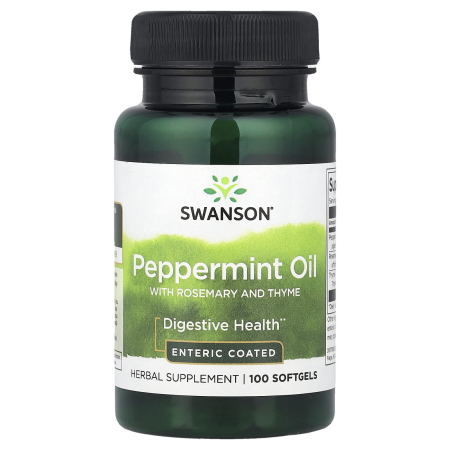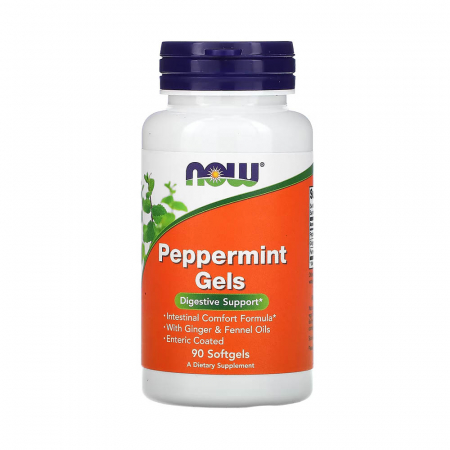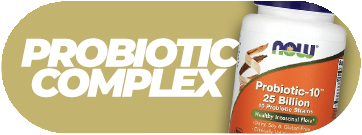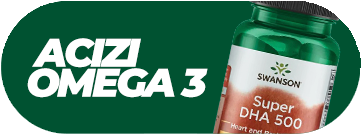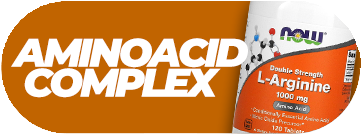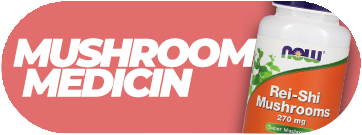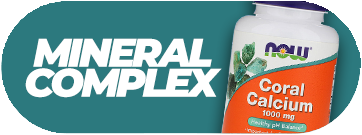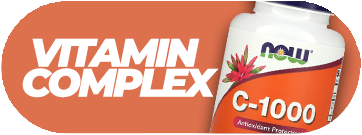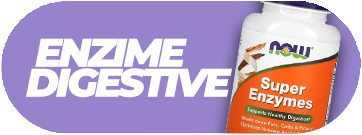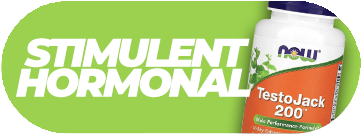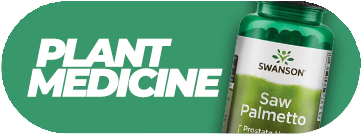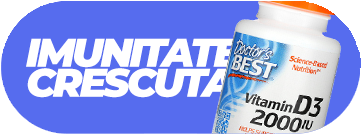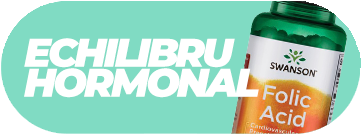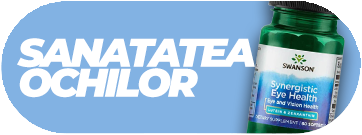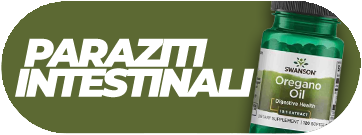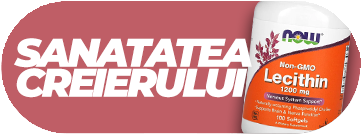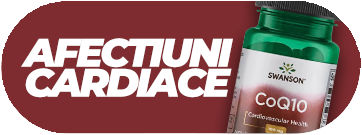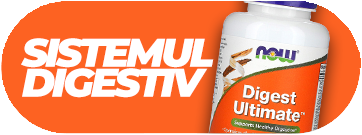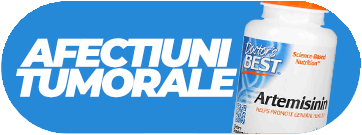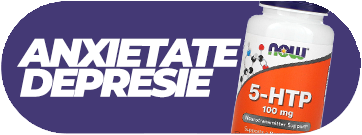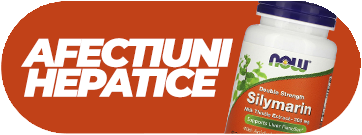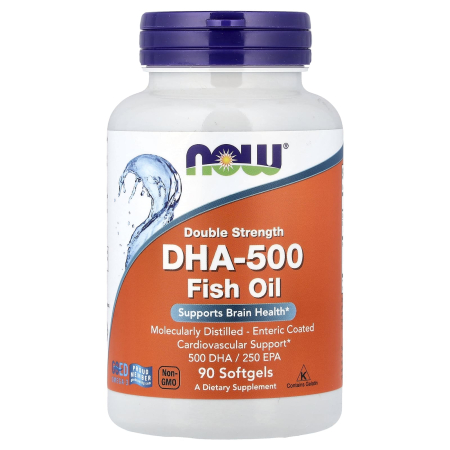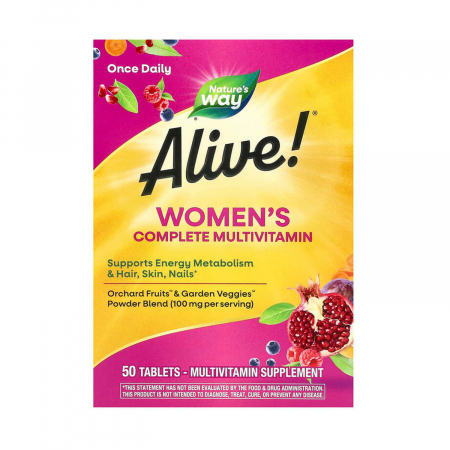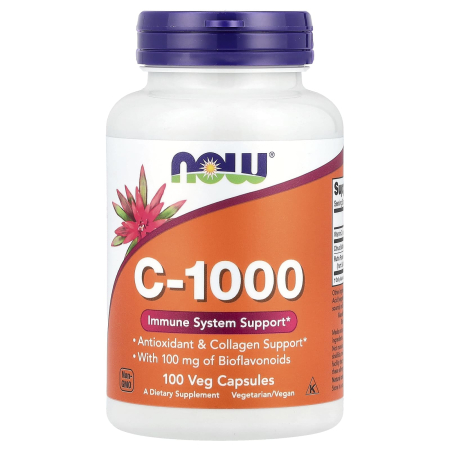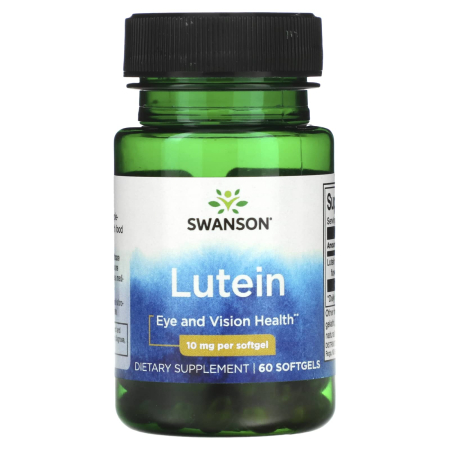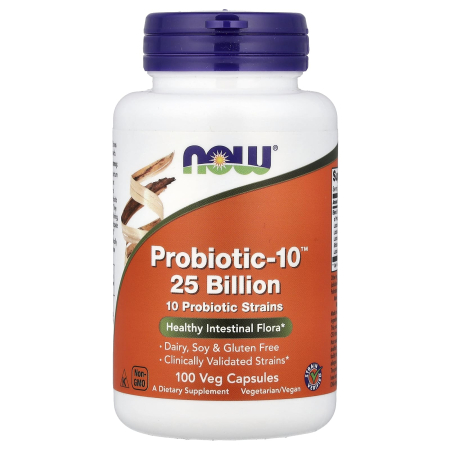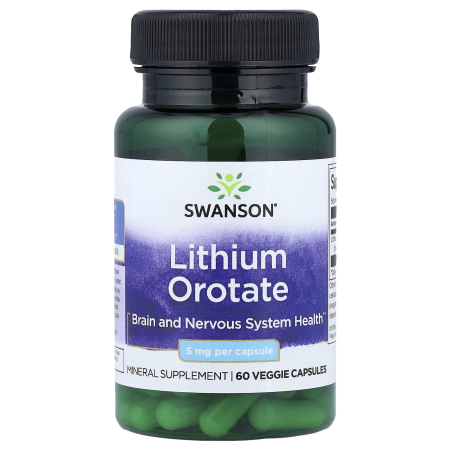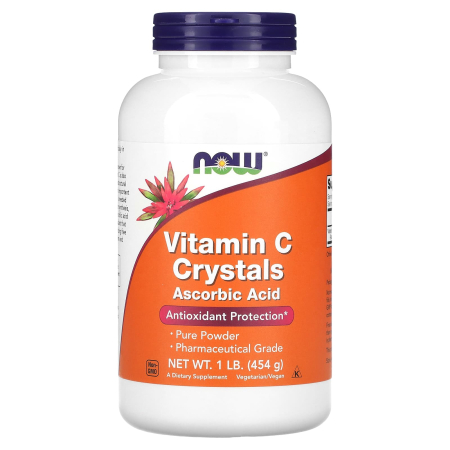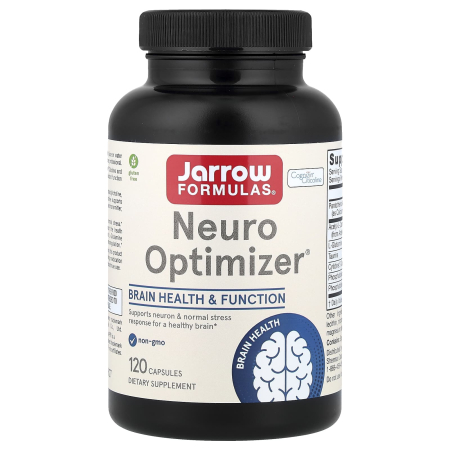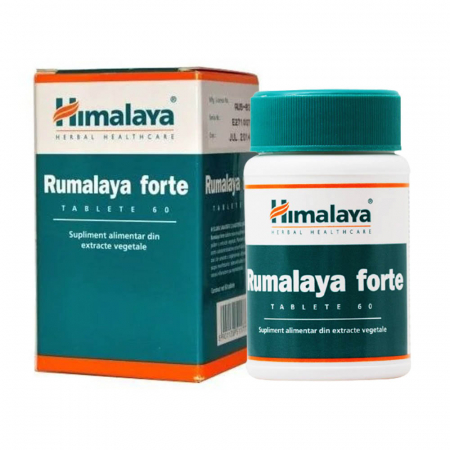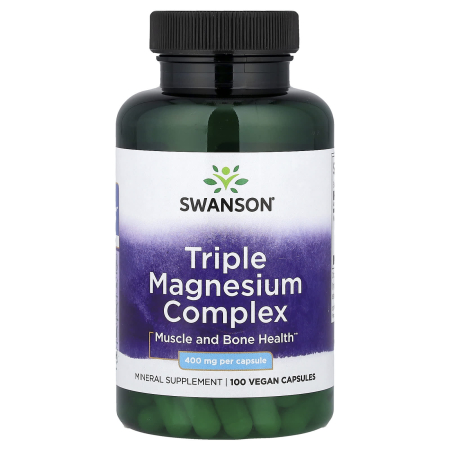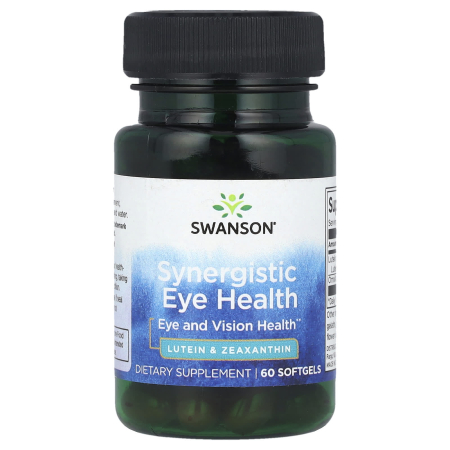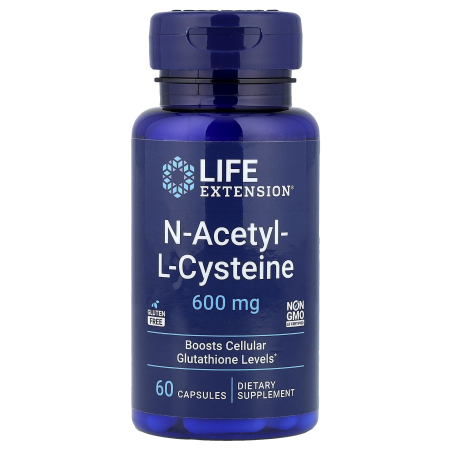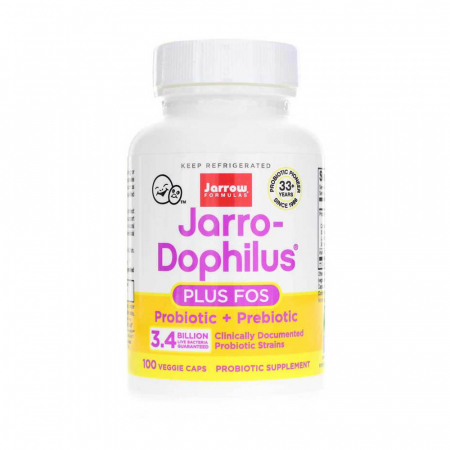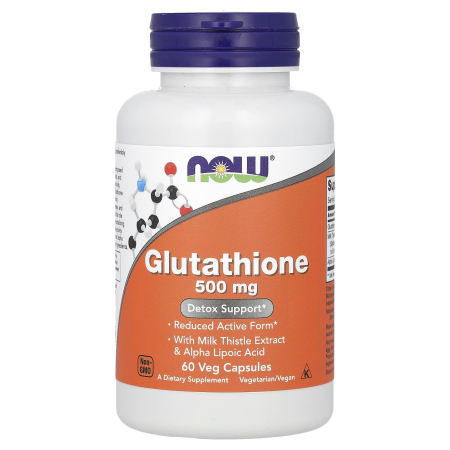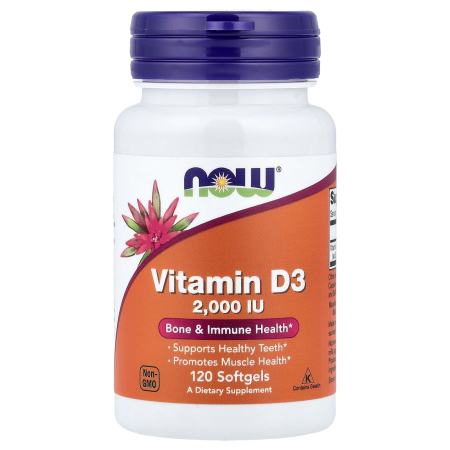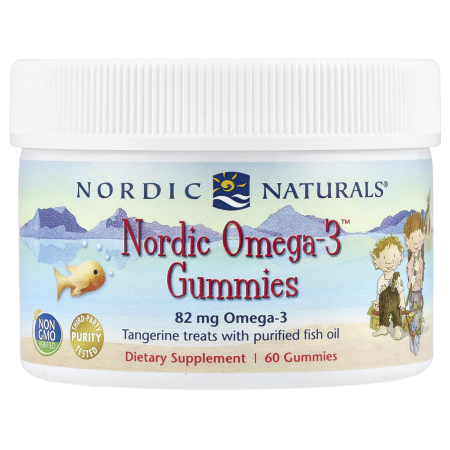- Home /
- Supplements from A to Z /
- Peppermint
Peppermint
Peppermint
- Acai
- Acerola
- Acetyl L-Carnitine
- Caprylic Acid
- Folic Acid
- CLA (Conjugated Linoleic Acid)
- Agaricus Mushroom
- Alfalfa
- Alpha GPC
- Andrographis
- Artichoke
- Astragalus
- Bacopa Monnieri
- Bamboo
- Berberine
- Bergamot
- Beta-Glucans
- Beta-Sitosterol
- Betaine
- Biotin
- Black Cohosh
- Borage Oil
- Holy Basil (Tulsi)
- Butcher's Broom
- Calcium D-Glucarate
- Activated Charcoal
- Carnosine
- Shark Cartilage
- Cascara Sagrada
- Cayenne
- Chaga Mushroom
- Cumin
- Chlorella
- Citicoline
- Chlorophyll
- Black Currant
- Turkey Tail Mushroom
- Lion's Mane Mushroom
- Coleus Forskohlii
- Choline
- Colostrum
- Cordyceps
- Chromium
- D-Mannose
- Damiana
- 7-Keto DHEA
- DIM
- DMG
- Dong Quai
- Brewer's Yeast
- Red Yeast Rice
- Echinacea
- Bilberry Extract
- Fennel
- Phenylalanine
- Feverfew
- Passion Flower
- Phosphatidylserine
- Fructo-Oligosaccharides
- Olive Leaf
- Garcinia
- Devil's Claw
- Cat's Claw
- Ginger
- Ginkgo Biloba
- American Ginseng
- Eleuthero
- Glucomannan (Konjac)
- Goldenseal
- Gotu Kola
- Grapeseed
- Graviola
- Guarana
- Gymnema Sylvestre
- Hops
- Hesperidin
- Horny Goat (Epimedium)
- Indole-3-Carbinol
- Inositol
- Inulin
- Isoflavones
- Kudzu
- Lactoferrin
- Royal Jelly
- Licorice
- Lemon Balm
- Lithium
- Maca
- Rose Hips
- Maitake Mushroom
- Mint
- Peppermint
- Cranberry
- Molybdenum
- Moringa
- Muira Puama
- Chamomile
- Niacin And Niacinamide (Vitamin B3)
- Noni
- Ornithine
- Hawthorn
- Panax Ginseng
- Dandelion
- Papaya (Enzymes)
- Bitter Melon
- Black Pepper (Bioperine)
- Pyridoxine (Vitamin B6)
- Potassium
- Pregnenolone
- Proline
- Propolis
- Pygeum
- Pyrroloquinoline Quinone (PQQ)
- Reishi Mushroom
- Rhodiola
- Riboflavin (Vitamin B2)
- Ribose
- Lemon Balm
- Rosemary
- Rutin (Vitamin P)
- SAMe
- Sarsaparilla
- Fenugreek
- Pine Bark (Pycnogenol)
- Cinnamon
- Serrapeptase
- Shiitake Mushroom
- Silica
- Elderberry
- Saffron
- Spirulina
- Plant Sterols
- Strontium
- Sulforaphane (broccoli)
- St. John's Wort
- Theanine
- Thiamine (Vitamin B1)
- Tocotrienols
- Tribulus
- Red Clover
- Coconut Oil
- Slippery Elm
- Garlic
- Uva Ursi
- Vinpocetine
- Vitamin B12
- Wormwood (Artemisia)
- Yucca
Status stoc
Certifications and Diet
Manufacturers
Price
Cele mai populare
Newest
Display: 1-2 from 2 products
FiltersWHAT ARE ITS BIOLOGICALLY ACTIVE COMPOUNDS?
- Mint contains 0.5-4% volatile oil, the content of which varies depending on the variety, provenance, pedoclimatic conditions and the time of harvesting (e.g. the first harvest in the second year of vegetation gives the best volatile oil content);
- The volatile oil has the following components: menthol, menthol esters, especially menthyl acetate and isovalerianate, menthone, menthofuran, other monoterpenes and small amounts of sesquiterpenes;
- Mint leaves also contain flavonoids represented by luteolin glycosides, mentoside, lipophilic methoxylated flavones, tannins, polyphenol derivatives (rosmarinic or caffeic acid), triterpenes, a bitter principle, mineral and protein substances, lipids, enzymes;
- Menthol and menthyl acetate is predominant in mature/aged leaves;
WHAT ARE ITS THERAPEUTIC PROPERTIES?
- The leaves and volatile oil of mint have an antiseptic, choleretic, local anesthetic, carminative action, due to menthol;
- Menthol causes a relaxation of the esophageal sphincter, balancing the pressure between the stomach and the esophagus (administered as an infusion and especially the volatile oil);
- The spasmolytic action is due to menthol and some components of the volatile oil, manifested by the relaxing action of the smooth muscles of the gastrointestinal tract;
- Menthol also has local anesthetic action, including antipruritic analgesic;
- The antiemetic effect of mint is due to the anesthetic action on the gastric mucosa;
- Tannins and menthol have an antiseptic action; tannins also have an antidiarrheal action;
- Flavonoids have a choleretic action (extracted both by the volatile oil and by infusion);
- The volatile oil has antibacterial, antimicrobial, antifungal action and is very active against the herpes virus;
- At the intestinal level, peppermint oil stimulates the transduction and diapedesis of nutrients, especially lipophilic ones, an action that is explained by increasing the irrigation of the mucosa and the activity of peristalsis
PRODUCT CATEGORIES
CATEGORIES OF DISEASES
Latest Reviews Added:
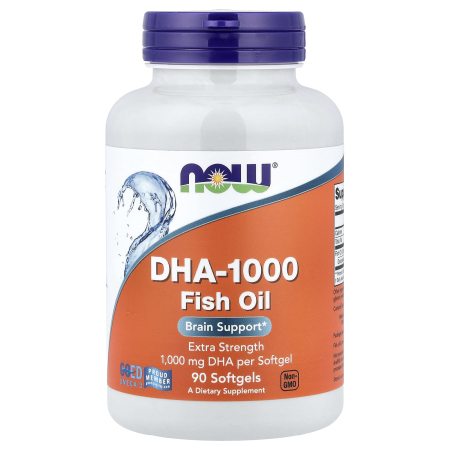
Denisa Dinu,
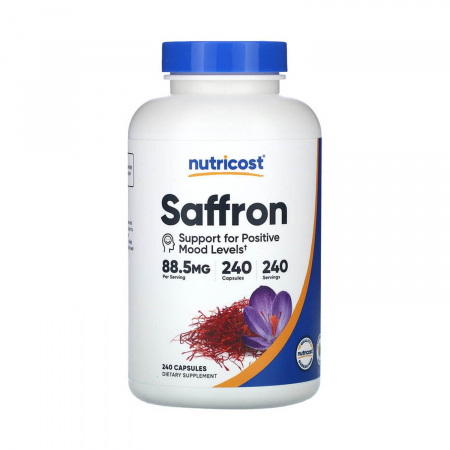
Valeria Lungu,
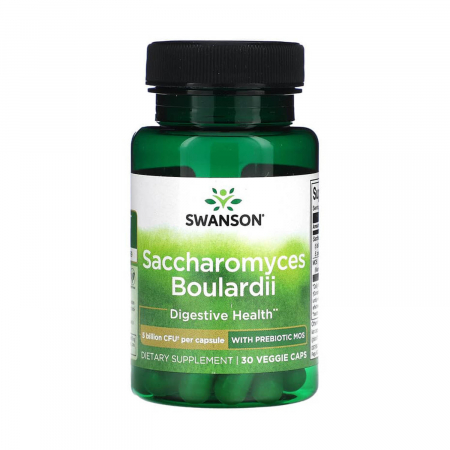
Saccharomyces Boulardii with Prebiotic MOS, 5 Billion CFU, Swanson, 30 capsules SWA012
Elena,
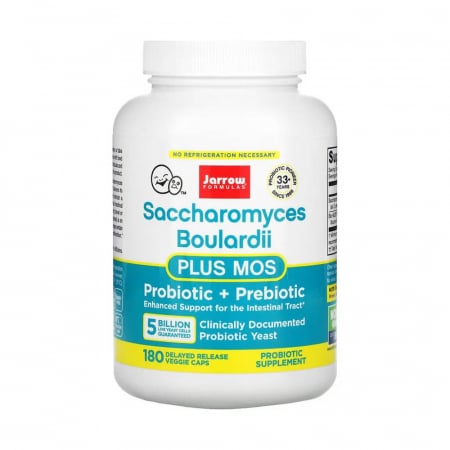
Carolina Floroiu,
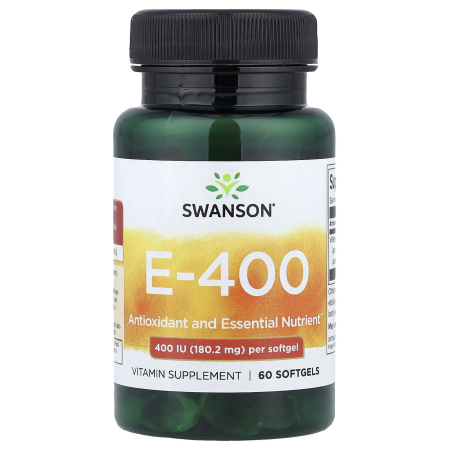
Rodica Iancu,
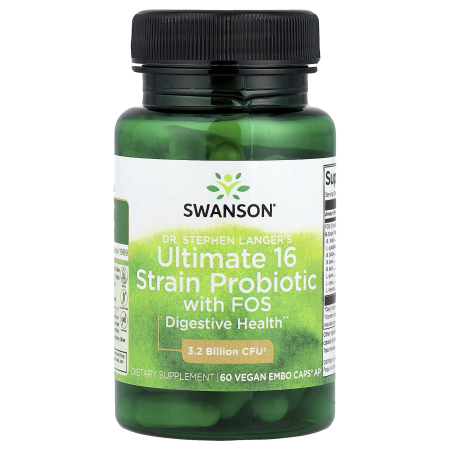
Ultimate 16 Strain Probiotic With FOS, 3.2 Billion CFU, Swanson, 60 capsules SWA051
Nita Patricia,
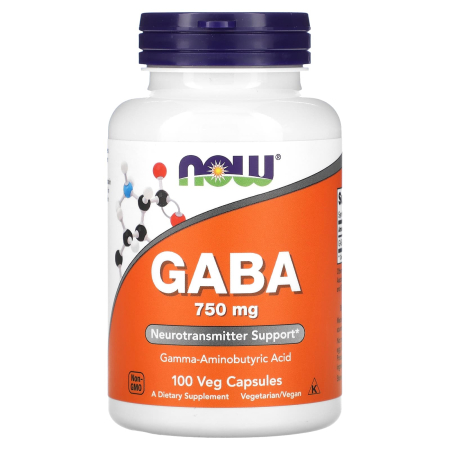
Rodica luminita Pascut,
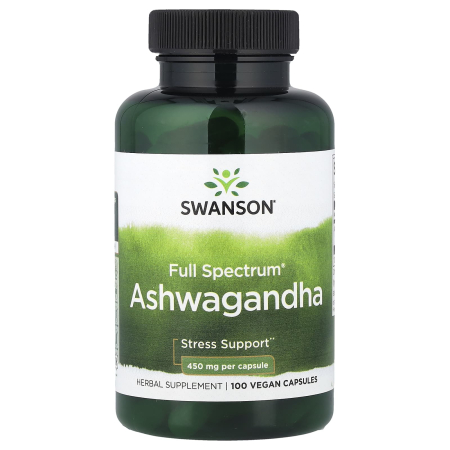
Mihaela Ciobotaru,
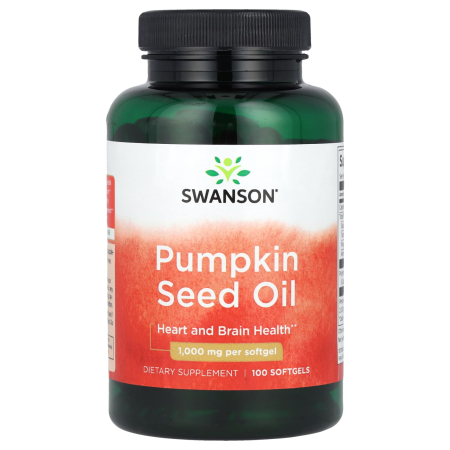
Oana Stamat,
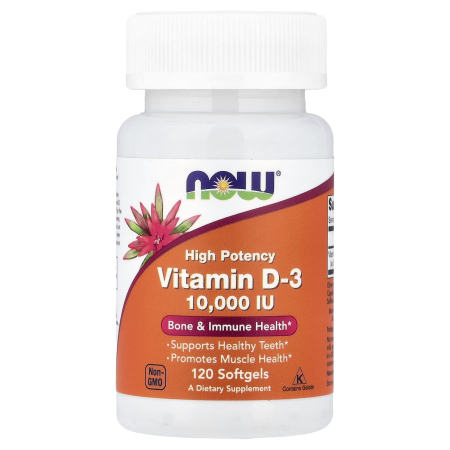
Mirela Ianc,
Latest viewed products
Newsletter Don't miss our offers and promotions

